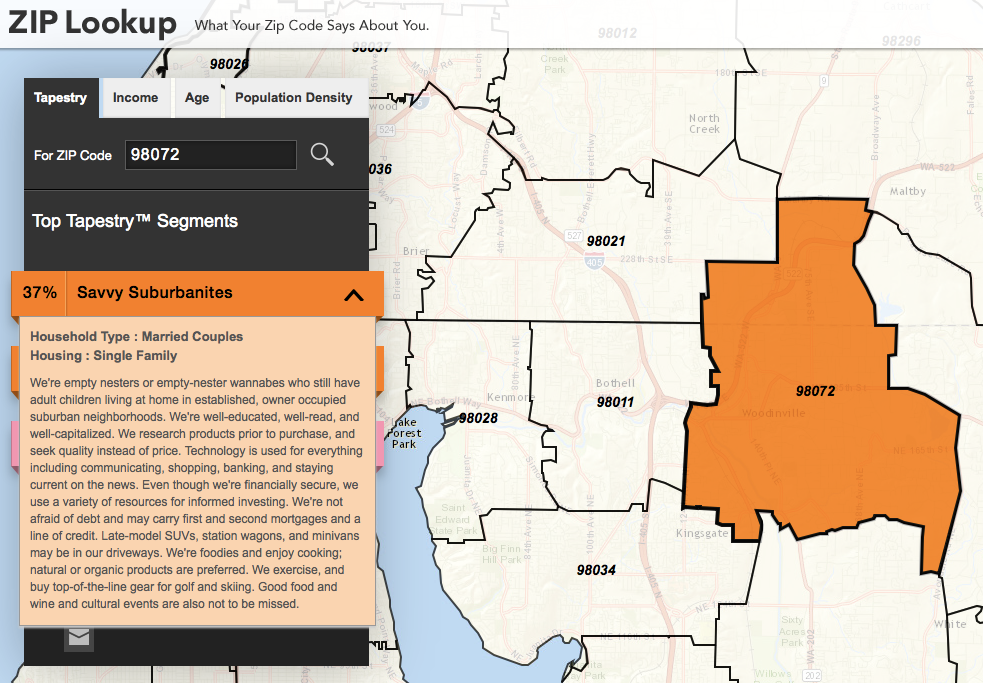Perhaps my favorite line from the Michael Scott character (played by Steve Carell) in the popular television series The Office came during an episode when he was visited by a supervisor from corporate. The supervisor was filling a newly created regional manager position designed to oversee all operations in local offices.
Concerned about the new development, Michael Scott feels the need to express his concern to his (now former) boss who works in the remote corporate office. In the phone conversation, Michael suggests,
“Listen, why don’t we just leave this regional manager position vacant? Truth be told, I think I thrive under a lack of accountability…”

This quote makes us laugh because we all relate to this feeling in some way. At some time or another, we all find ourselves hating accountability.
Why does accountability get such a bad rap? Isn’t it a good thing, both for individuals and for organizations?
It is. But, in most situations (and for most people), the word “accountability” elicits a flight or fight response in the nervous system. In some sense, we’re probably all uncomfortable with how it initially makes us feel.
Strangely, there are also many of us who (at times) seek out accountability on our own. For example, a new workout regimen, a new diet, a new golf swing tactic, or any other newfound discipline motivates us to voluntarily find someone with whom to be held accountable.
What’s the difference between the two scenarios?
One difference is the first scenario is authority-imposed while the second scenario is self-imposed. Both scenarios are valuable and necessary (could you imagine a world without either one of these?), but they do conjure up different feelings.
Accountability is one of the reasons we all grew up, graduated from school, and left home as polite, responsible individuals.
If you think about it, accountability attributes to almost every worthwhile endeavor. There is no doubt the dynamics inherent in accountability are valuable to any noble pursuit.
I know accountability is good. I know accountability is necessary. But, the externally-imposed version of authority still conjures up the negative emotions associated with a punitive authoritarian structure.
What can be done about this dilemma?
An alternative recently surfaced during a conversation with Dan Stull, a faculty member at the University of Washington. This issue came up during a class discussion Dan facilitated on the learning curve associated with continuous process improvement.
One of the students in Dan’s class who works for a large aerospace company told a story about a department he was sent to review. The group was having trouble getting up the learning curve on a new process.
While the tasks were new, it shouldn’t have been hard to implement over time unless there was constant turnover (which was not the case).
To prove his point, the student implemented a series of baseline metrics, so he and those working in the group could get visibility of what was happening.
He also prompted those on the team to be disciplined in following the established procedures (i.e. the new process they were trying to implement). Without this discipline, the data produced by the metrics would be invalid.
It sounds simple, but if everyone was disciplined in their work tasks, the metrics would lead them to a more accurate assessment of what needed to change for the process to improve.
Here was my “ah-ha” moment: For some reason, the words “visibility” and “discipline” don’t elicit the same negative feelings as the word “accountability.”
Of course, the two concepts are very similar. For improvements to be made in any process there must be visibility of what’s happening and the discipline to consistently measure outcomes.
Doesn’t that sound a lot like accountability?
In your next coaching session, try using the words “visibility” and “discipline” rather than accountability. My hunch is these words will elicit much less resistance. Not only are they less authoritarian, they more clearly define what lies at the heart of accountability.
I’ll write more on this later and provide some specific examples in both the recruiting and coaching process where this change in verbiage may be helpful.
In hindsight, maybe Michael Scott was right. We all might thrive under less accountability. Some visibility and discipline would have been much better received.

Questions or Comments? Reply to your WorkPuzzle subscription email.
Didn’t get the WorkPuzzle email? Subscribe below. We promise not to share your email with others or use it for any other purpose but delivering WorkPuzzle notices.












